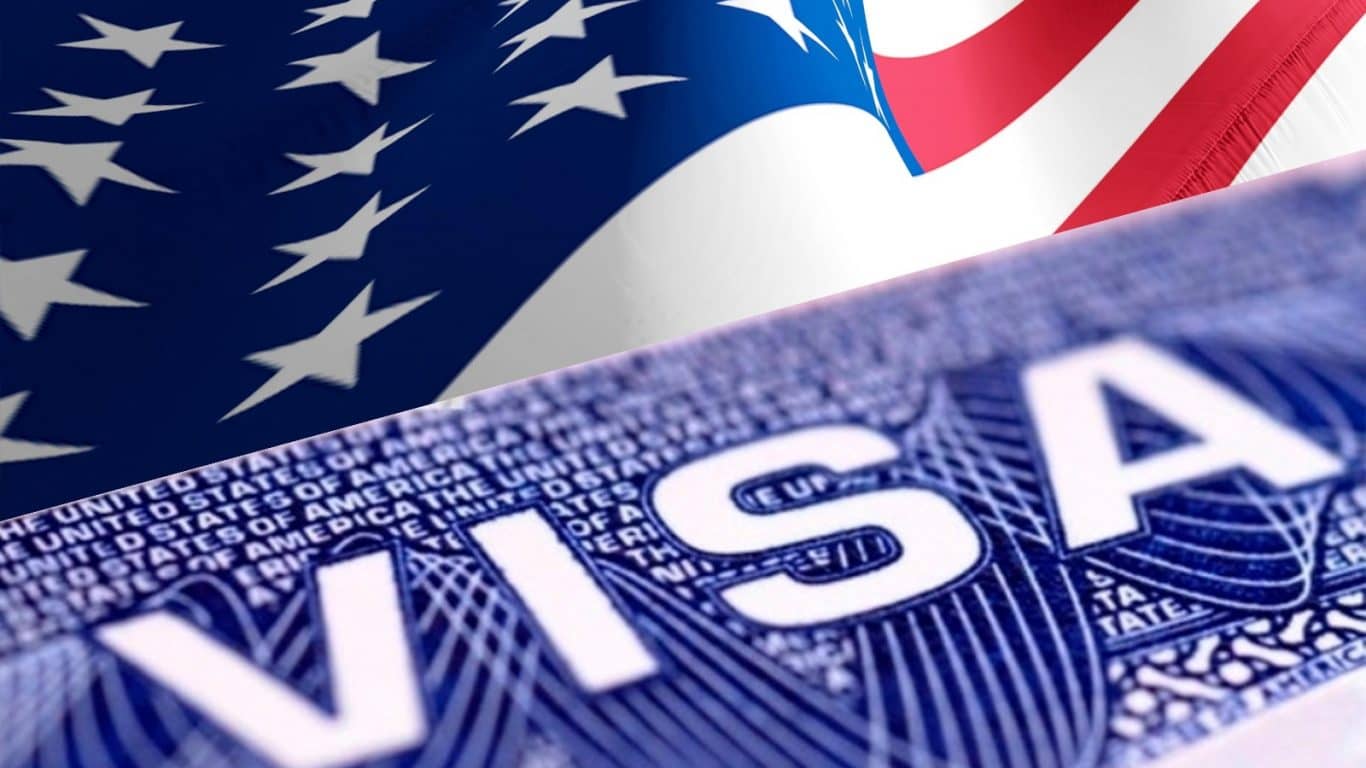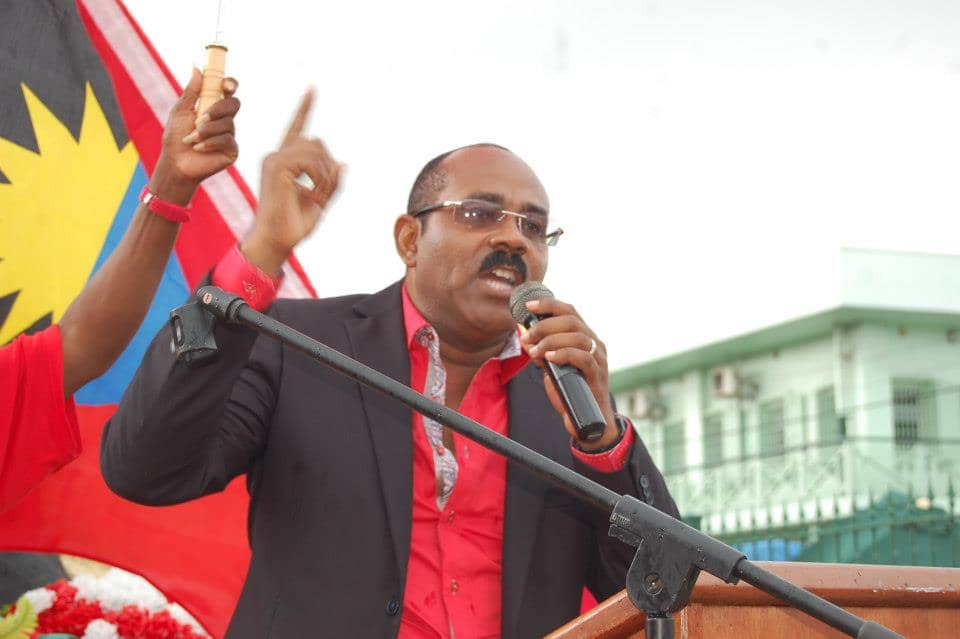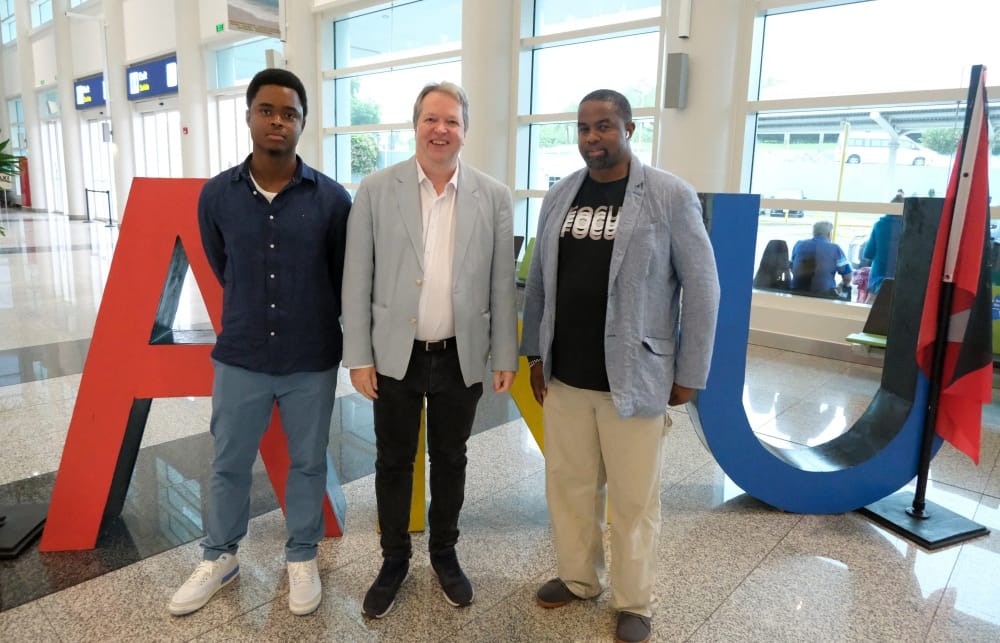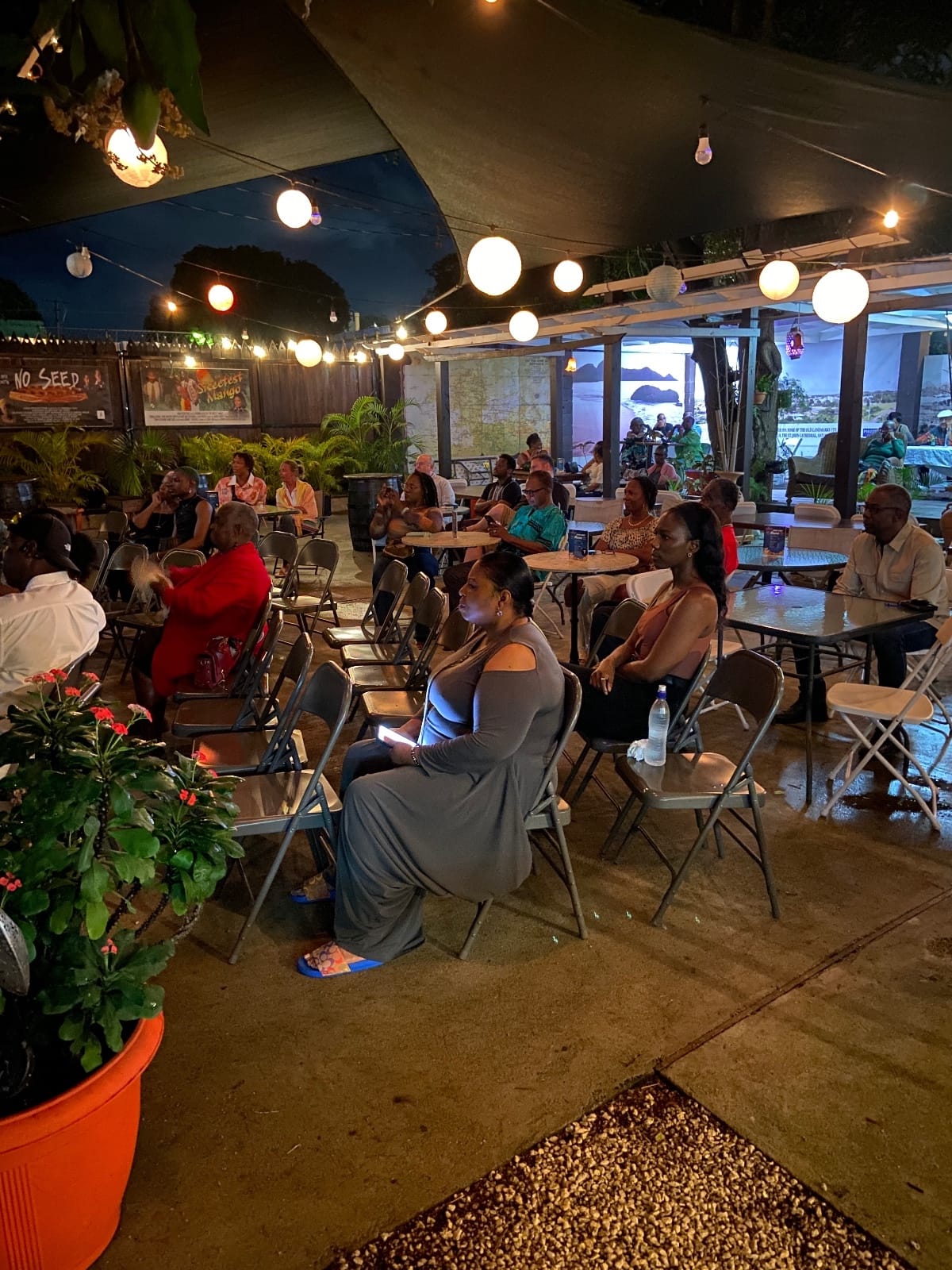The United States has unveiled a comprehensive hike in immigration and visa fees, set to take effect this October. The new fee structure introduces substantial increases across various categories, impacting foreign travelers, immigrants, and visa applicants.
博客
-
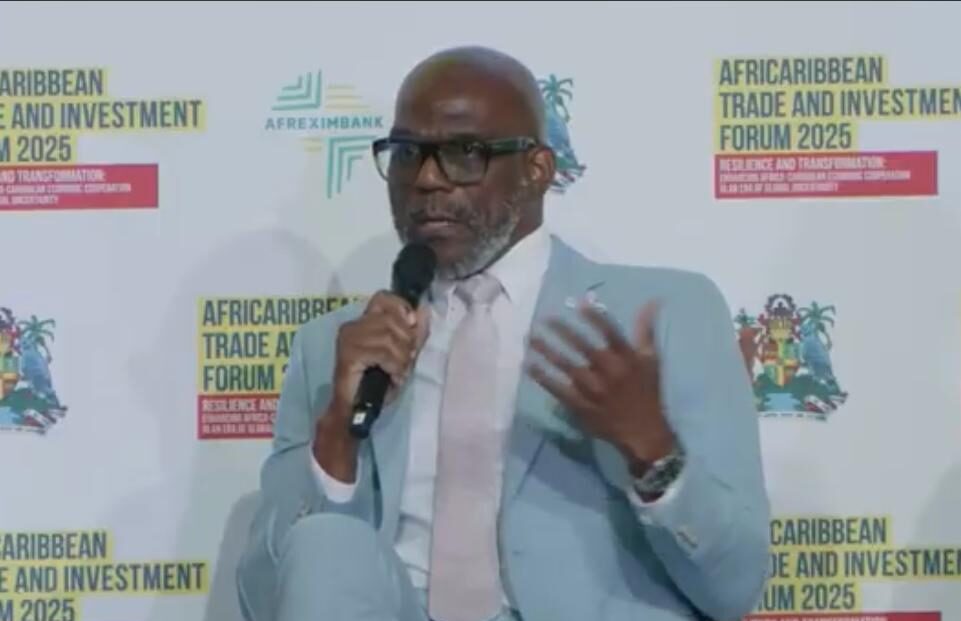
More Americans are CBI-approved citizens of Grenada
The latest data from Grenada’s Investment Migration Agency (IMA), formerly known as the Citizenship by Investment (CBI) Unit, reveals a significant shift in the nationalities of new citizens approved under the program in 2025. In the second quarter, 12% of the 402 new CBI-approved citizens were US nationals, marking a notable increase from the first quarter, where only 1% of 632 approved citizens were from the United States. This surge positioned the US as the second-highest nationality, trailing behind China, which accounted for 10% of approvals, and surpassing Nigeria, which also represented 10%. This is the first time Nigeria has been displaced from its usual second-place ranking in the CBI program. Other nationalities approved during this period included Pakistan, the United Kingdom, the Philippines, and several African and Middle Eastern countries. As of the end of the second quarter, the program had approved 893 new citizens, generating EC$103.2 million in revenue, according to the Ministry of Finance’s June 2025 report. Thomas Anthony, CEO of the IMA, announced plans to expand the program’s marketing efforts in Africa, with a focus on West Africa. A team from the agency is set to tour the region in October 2025, building on recent engagements in Kenya, where over 100 individuals attended a promotional event in collaboration with the Nairobi Chamber of Commerce. Anthony emphasized Nigeria’s prominence in African applications and expressed optimism about extending the program’s reach to other African nations.
-

COMMENTARY: My friend Grenadian revolutionary Lt. Col.Liam James, a personal memoir of the Grenada Revolution, Dominica & the Douglas brothers
The Grenada Revolution, a pivotal chapter in Caribbean history, remains a subject of deep reflection and analysis. At its heart was Lieutenant Colonel Liam James, a key figure whose life and actions offer profound lessons on leadership, revolution, and the rule of law. This narrative revisits the revolution through the lens of personal encounters, political dynamics, and the broader implications for Caribbean governance.
Liam James first emerged as a revolutionary leader during the 1979 Grenada Revolution, which sought to overthrow the authoritarian regime of Eric Gairy. His journey began in 1978 at the 11th World Festival of Youth and Students in Havana, Cuba, where he forged bonds with fellow Caribbean activists, including the author. Their discussions, fueled by revolutionary zeal, envisioned a socialist future for the region.
James played a central role in the revolution’s early days, accompanying Prime Minister Maurice Bishop on missions to assist Dominica after Hurricane David in 1979. However, the revolution soon faced internal fractures. Ideological purity and personal rivalries overshadowed the movement’s initial idealism, leading to the tragic massacre of Bishop and others in October 1983. The subsequent U.S. invasion marked the revolution’s collapse, with James and other leaders arrested and sentenced to death, later commuted to imprisonment.
The Grenada Revolution’s downfall was rooted in its disregard for democratic norms and civil liberties. The People’s Revolutionary Government (PRG) closed parliament, suspended elections, and detained critics without due process, eroding its legitimacy. This ‘heavy manners’ approach starkly contrasted with the constitutional and inclusive strategies advocated by leaders like Rosie and Michael Douglas in Dominica.
Rosie Douglas, a prominent Pan-Africanist, championed the Committee of National Salvation (CNS), which united diverse political factions to ensure a peaceful transition of power in Dominica. His brother, Michael, emphasized the importance of education, temperance, and respect for democratic institutions. Their leadership underscored the value of dialogue, compromise, and the rule of law in achieving lasting political change.
As the Caribbean reflects on this tumultuous period, the lessons are clear. Revolutions that abandon constitutional safeguards risk descending into tyranny. The Grenada Revolution’s failure serves as a cautionary tale, highlighting the need for leadership grounded in humility, education, and respect for individual rights. The Golden Rule—treating others as one wishes to be treated—remains a timeless principle for governance and justice.
This narrative, drawn from personal experiences and historical analysis, underscores the enduring relevance of these lessons as the Caribbean continues its journey toward democracy and social progress.
-
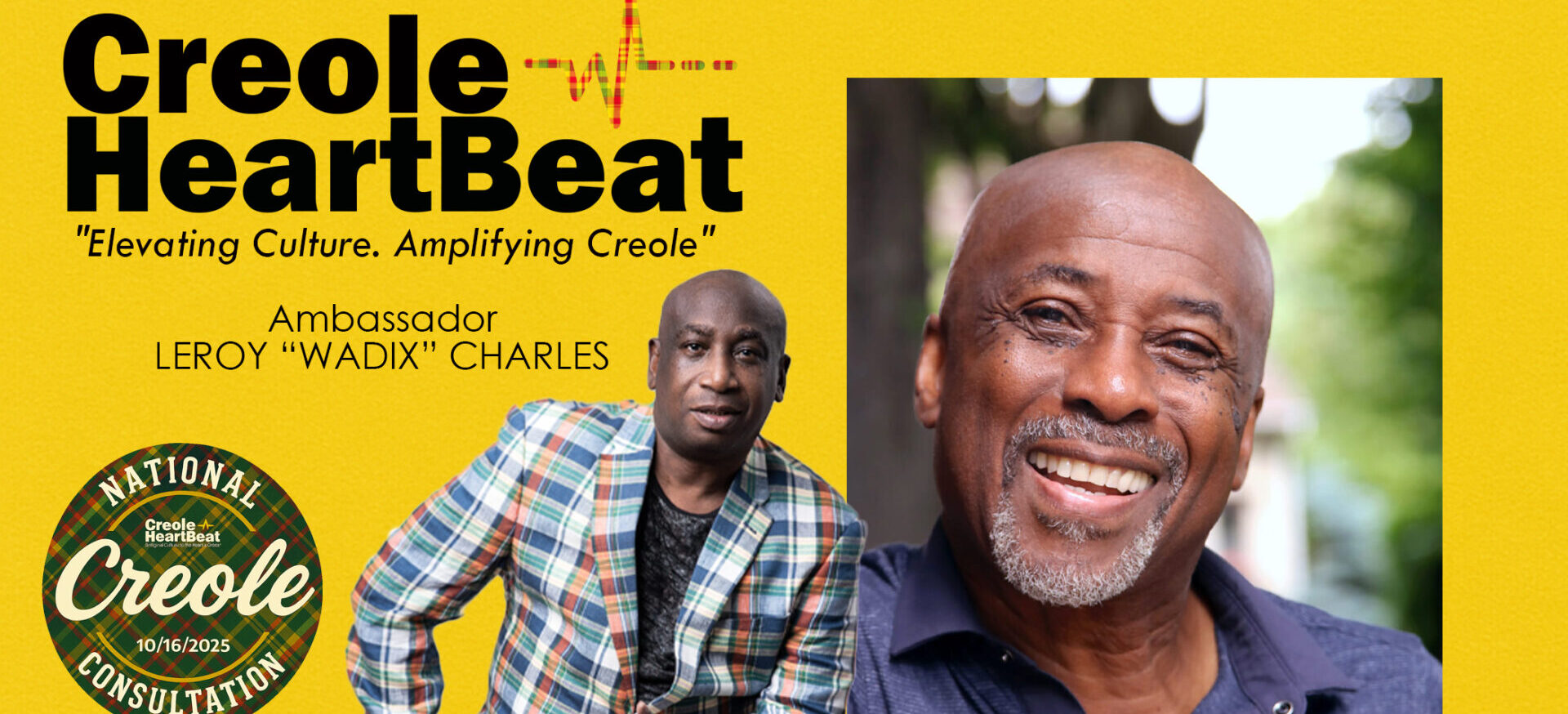
Creole Heartbeat radio series explores ‘WCMF @ 25: From Idea to World Class Festival’
In today’s digitally-driven world, social media platforms have become the cornerstone of communication and information dissemination. The act of sharing content—whether through tweets, pins, or posts—has evolved into a powerful tool for engagement and influence. A recent image, hosted on a news platform, exemplifies this phenomenon. The image, which has been widely circulated, underscores the significance of visual content in capturing audience attention and fostering interaction. As users continue to share and engage with such content, the dynamics of digital communication are being reshaped, highlighting the transformative power of social media in connecting individuals and amplifying messages across the globe.
